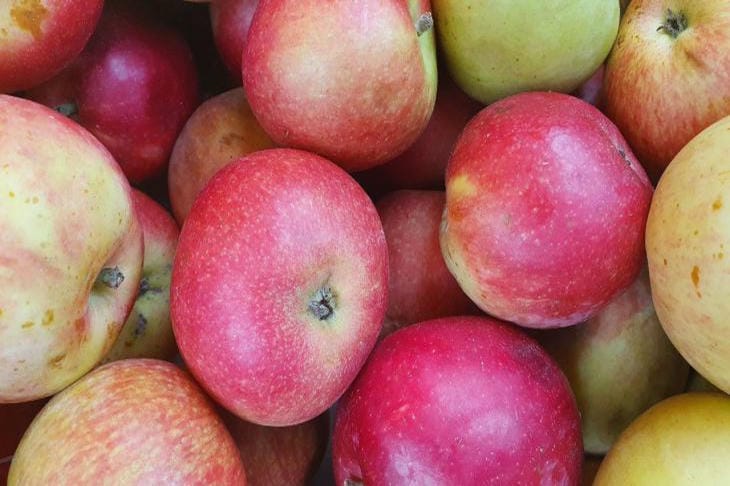Apples are traditionally considered healthy, but for some people, eating this fruit may do more harm than good.
It is important to know in which cases you should limit or completely exclude apples from your diet.
People with allergic reactions
Apple allergy is quite common. Symptoms may include itching in the mouth, swelling of the lips and throat, and skin rashes.
People with cross-allergy to birch pollen should be especially careful, since apple proteins have a similar structure.
Patients with gastritis
The increased acidity of apples can worsen the condition of people with gastritis or stomach ulcers.

Sour apples are especially dangerous on an empty stomach. Fruit consumption is recommended only during remission and after consultation with a doctor.
Bowel diseases
People with irritable bowel syndrome or inflammatory bowel disease should be careful with apples.
The dietary fiber they contain can aggravate symptoms and increase discomfort.
Problems with tooth enamel
The acids contained in apples can destroy tooth enamel. People with increased tooth sensitivity or enamel problems are advised to limit the consumption of fresh apples or eat them baked.
Diabetes mellitus
Patients with diabetes should control the amount of apples they consume due to their fructose content.
Despite the relatively low glycemic index, large amounts of fruit can affect blood sugar levels.
Problems with the pancreas
Pancreatitis requires special attention to diet. Raw apples can become an additional burden on the pancreas. During an exacerbation, it is recommended to completely exclude the use of fresh apples.
Individual intolerance
Some people may experience discomfort after eating apples without any apparent medical reason.
Signs of intolerance may include bloating, nausea, or indigestion.
Postoperative period
After operations on the digestive organs, consumption of apples may be temporarily limited.
The period of restriction and methods of fruit consumption are determined by the attending physician depending on the nature of the operation.
Period of exacerbation of chronic diseases
During exacerbation of various chronic gastrointestinal diseases, the use of fresh apples may be contraindicated. The return of fruits to the diet should be gradual.
Age restrictions
It is not recommended to give fresh apples whole to young children under a certain age due to the risk of choking.
Older people with digestive problems should also be careful about eating raw apples.
For reference
An apple is a juicy fruit of the apple tree, which is eaten fresh and baked, and serves as a raw material in cooking and for making drinks.








